
How nagana is carried by tsetse flies
Researchers at the University of Bristol have revealed new details on how the animal disease nagana is spread by tsetse flies in Africa. When animals are bitten by bloodsucking tsetse flies, they don’t just get a painful bite, as the flies may be carrying a cargo of deadly microbes, called trypanosomes. These microbes are squirted … Continue reading How nagana is carried by tsetse flies
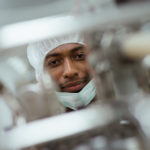
Conference confirms strength of plant science network
A plant science conference in Uganda which drew together dozens of world class researchers from across Sub-Saharan Africa and the UK this month has confirmed the growing strength of a network whose collaborations promise to deliver solutions to devastating crop diseases in the years ahead. The University of Bristol reports delegates from ten African countries … Continue reading Conference confirms strength of plant science network
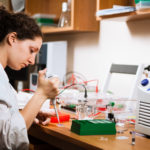
New methodology to study pig T cell responses to flu
A team of researchers, led by Cardiff University, has developed methodology for closely studying pig T cell responses to influenza for the first time, giving them a new way of developing vaccines that can be effective against all strains of flu in pigs, birds and humans. Cardiff University reports Professor Andrew Sewell, lead author of … Continue reading New methodology to study pig T cell responses to flu
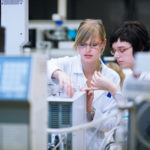
Developing technology to keep people out of hospital
Businesses in the West of England developing health technology products can now benefit from a new £5m centre at the University of the West of England (UWE Bristol). UWE Bristol reports the Health Tech Hub at its Frenchay campus is focused on advancing technology that enables people to live independently and manage their own health … Continue reading Developing technology to keep people out of hospital

WiFi routers could act as medical sensing devices
New research that could transform the future of healthcare will investigate whether it is possible to reuse WiFi radio waves as a medical radar system. The research, led by the University of Bristol, is part of a new £1.5m grant awarded by the Engineering and Physical Sciences Research Council (EPSRC), Toshiba and Decawave to the … Continue reading WiFi routers could act as medical sensing devices

Gene editing could improve blood transfusion compatibility
Synthetic biologists at the University of Bristol have succeeded in generating laboratory made red blood cells with rare blood group types that could one day be used to help people who cannot be matched with donor blood. The provision of blood for people who require repeated blood transfusions, as well as for people with rare … Continue reading Gene editing could improve blood transfusion compatibility
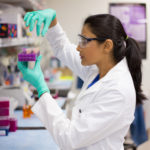
Bristol Vet School combatting antimicrobial resistance
Researchers from the Bristol Veterinary School at the University of Bristol are leading the way with farmers to combat and change antimicrobial use on farms. Antimicrobial resistance (AMR) is a global threat, with an estimated seven hundred thousand people dying from resistant infections every year. Antimicrobial resistance is a crucial example of the importance of … Continue reading Bristol Vet School combatting antimicrobial resistance

Investigating immune defence against microbes
University of Bristol researcher, Dr Borko Amulic, has been awarded a Career Development Award worth £1.2m by the Medical Research Council (MRC) to lead research into how the natural ability of neutrophil immune cells can be boosted to fight infection in the post-antibiotic age. Neutrophils are important immune cells that protect the body from infection … Continue reading Investigating immune defence against microbes
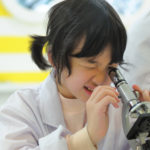
Social communication difficulties linked to risk of self-harm
Children who have difficulties with social communication, as seen in autism spectrum disorders (ASD), have a higher risk of self-harm with suicidal behaviour by the age of sixteen, according to a University of Bristol study. The University of Bristol reports the aim of the study, published in the Journal of the American Academy of Child … Continue reading Social communication difficulties linked to risk of self-harm

Using HIV data to improve clinical outcomes
£11m has been awarded to eleven projects by the Engineering and Physical Sciences Research Council (EPSRC) to further the understanding of trust, identity, privacy and security (TIPS) issues in the digital economy. The University of Bristol reports one of the eleven projects selected is INTUIT, a study that aims to identify and address fundamental TIPS … Continue reading Using HIV data to improve clinical outcomes








